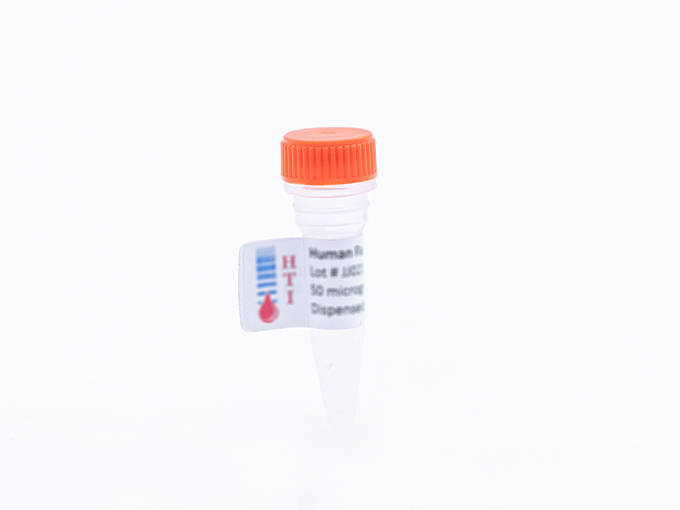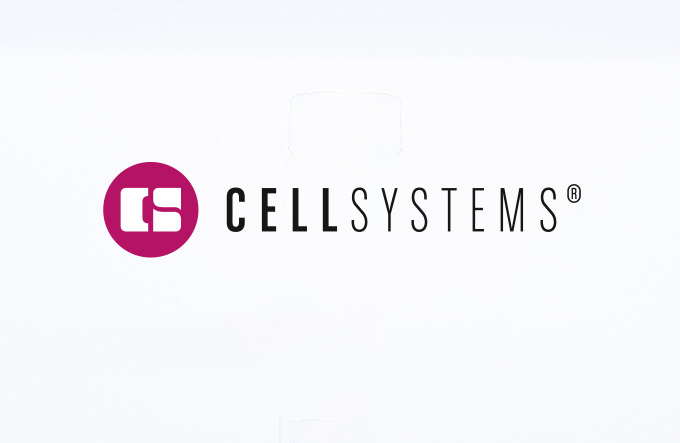Antibodies
Antibodies: The Multitool in Scientific Research
Antibodies, also known as immunoglobulins, are indispensable tools in scientific research, serving a multitude of purposes across various disciplines. Due to their remarkable specificity and affinity for target molecules, they have become essential in techniques such as Fluorescence-Activated Cell Sorting (FACS), Western blotting, immunohistochemistry (IHC), and flow cytometry.
In our offering, there are polyclonal and monoclonal antibodies from various species. The polyclonal antibodies are affinity purified.
Antibodies Targeting Coagulation Proteins:
Coagulation proteins play a crucial role in hemostasis, ensuring proper blood clot formation to prevent excessive bleeding. Antibodies targeting coagulation proteins, such as Factor VIII and Factor IX, are instrumental in elucidating the intricate pathways involved in blood clotting disorders like hemophilia. Through techniques like Western blotting and enzyme-linked immunosorbent assay (ELISA), these antibodies enable researchers to quantitatively analyze the expression levels and post-translational modifications of coagulation factors, shedding light on their physiological functions and dysregulation in disease states.
Antibodies Against Immune Cells:
The immune system comprises a diverse array of cells that orchestrate immune responses to pathogens and maintain homeostasis within the body. Antibodies targeting specific immune cell markers, such as CD3 and CD4 for T cells, CD8 for cytotoxic T cells, CD14 for monocytes and macrophages, CD34 for hematopoietic stem cells (HSCs), and the pan-leukocyte marker CD45, facilitate the identification and characterization of immune cell and progenitor populations using techniques like flow cytometry and immunohistochemistry. These antibodies enable researchers to discern distinct immune cell subsets, monitor immune cell activation and proliferation, and investigate the role of immune cells in various disease contexts, including autoimmunity, cancer, and infectious diseases.
Antibodies for Cell Biology Research:
In cell biology research, antibodies serve as indispensable tools for probing cellular structures, signaling pathways, and protein interactions. Antibodies against cytoskeletal proteins, organelle markers, and signaling molecules enable the visualization and localization of specific cellular components using techniques like immunofluorescence microscopy and immunoelectron microscopy. Moreover, antibodies against phosphorylated proteins or protein modifications facilitate the study of dynamic cellular processes and signaling cascades. Techniques such as co-immunoprecipitation and proximity ligation assay (PLA) leverage antibody specificity to elucidate protein-protein interactions and unravel complex molecular networks within cells.
-
Anti-Human Protein C
Cat.-Nr: AHPC-5011
Mouse monoclonal antibody specific to human coagulation protein C and activated protein C. Does NOT recognize murine protein C (Western Blot).
-
Anti-Human TAFI (inhibits activated TAFI NOT activation)
Cat.-Nr: AHTAFI-5065
IgG3 - Mouse monoclonal to human Thromin Activatable Fibrinolysis Inhibitor. Blot (-) ELISA (+)
-
Anti-Human TAFI (inhibits activation AND activated TAFI)
Cat.-Nr: AHTAFI-5024
IgG1 - Mouse monoclonal to human Thromin Activatable Fibrinolysis Inhibitor. Blot (+) ELISA (+)
-
Anti-Human TAFI (inhibits activation NOT activated TAFI)
Cat.-Nr: AHTAFI-5026
IgG1 - Mouse monoclonal to human Thromin Activatable Fibrinolysis Inhibitor. Blot (+) ELISA (+)
-
Anti-Human TAFI (non-inhibitory)
Cat.-Nr: AHTAFI-5081
IgG2b - Mouse monoclonal to human Thromin Activatable Fibrinolysis Inhibitor. Blot (+) ELISA (+)
-
Anti-Mouse Factor VII
Cat.-Nr: AMVII-9031
Rat monoclonal antibody specific to mouse coagulation factor VII and VIIa (non-reduced only). Native mouse factor VII (non-reduced only). Not... Read More
-
Anti-mouse Factor VII
Cat.-Nr: AMVII-9032
-
Anti-Mouse Factor VIII
Cat.-Nr: AMVIII-9035
Rat monoclonal antibody specific to rekombinant mouse coagulation factor VIII.
-
Anti-Mouse Plasminogen
Cat.-Nr: AMPG-9130
Rat monoclonal anti-mouse antibody specific to the coagulation factor plasminogen and plasmin.
-
Anti-Mouse Protein C
Cat.-Nr: AMPC-9071
Rat monoclonal antibody specific to mouse coagulation protein C.
-
Anti-Mouse Protein C
Cat.-Nr: AMPC-9072
Rat monoclonal antibody specific to mouse coagulation protein C. Not inhibitory in aPTT.
-
Anti-Mouse Prothrombin
Cat.-Nr: AMP-9013
Rat monoclonal antibody specific to mouse coagulation factor prothrombin. Does not recognize mouse thrombin.
-
Anti-Tissue Factor Pathway Inhibitor (monoclonal)
Cat.-Nr: AHTFPI-5138
Mouse monoclonal to human tissue factor pathway inhibitor.
-
Burro anti-Human Prothrombin
Cat.-Nr: PAHFII-BU
Sheep polyclonal to human coagulation protein prothrombin.
-
CD11b Antibody, FITC
Cat.-Nr: CS-A1269
CD11b, Mouse Anti-Human, FITC. Synonyms: Integrin alpha-M, Cell surface glycoprotein MAC-1 subunit alpha, CR-3 alpha chain, Leukocyte adhesion... Read More
-
CD14 Antibody
Cat.-Nr: CS-A1222
CD14, Mouse Anti-Human. Synonyms: Monocyte differentiation antigen CD14, Myeloid cell-specific leucine-rich glycoprotein.
-
CD21 Antibody, Biotin
Cat.-Nr: CS-A1442
CD21, Mouse Anti-Human, Biotin. Synonyms: Complement receptor type 2, Cr2, Complement C3d receptor, Epstein-Barr virus receptor, EBV receptor, CD21... Read More
-
CD31 Antibody
Cat.-Nr: CS-A1196
CD31, Mouse Anti Human. Synonyms: Platelet endothelial cell adhesion molecule, PECAM-1, EndoCAM, GPIIA', CD31 antigen, PECAM1


